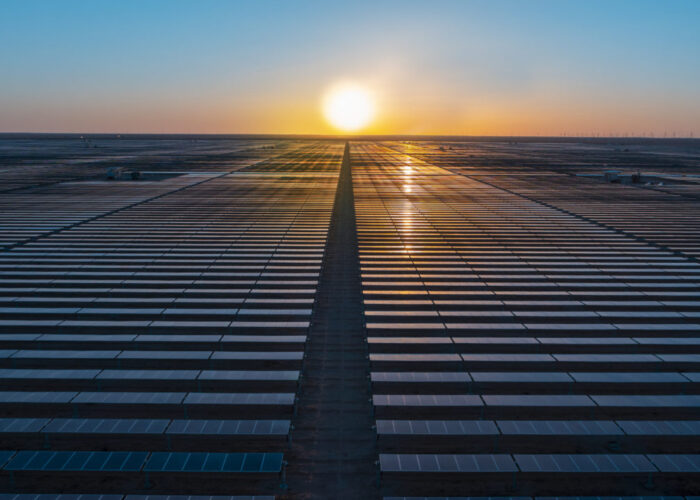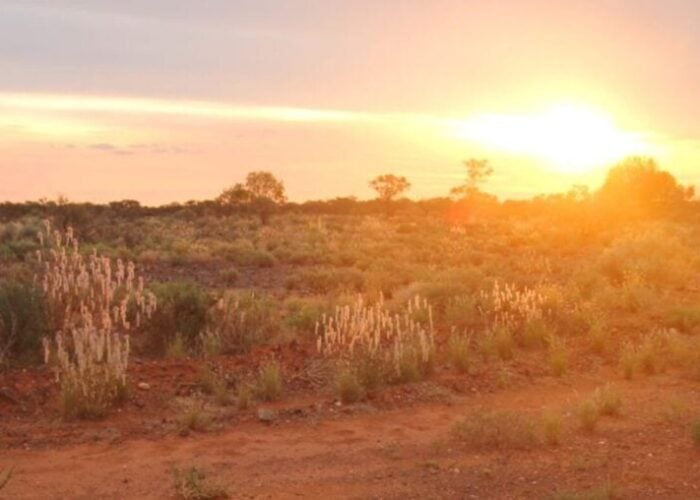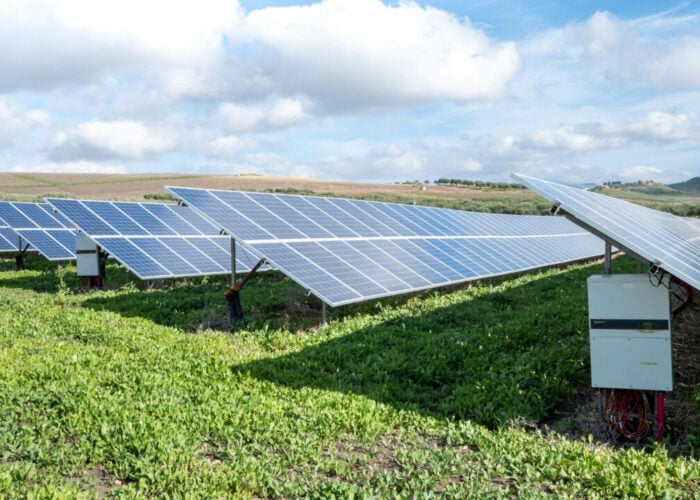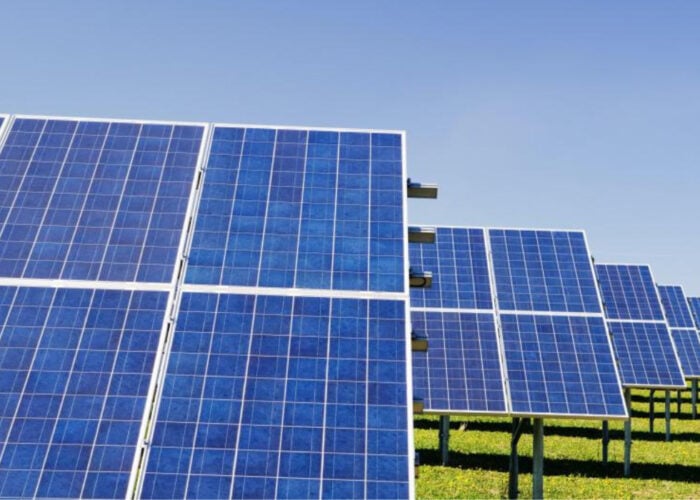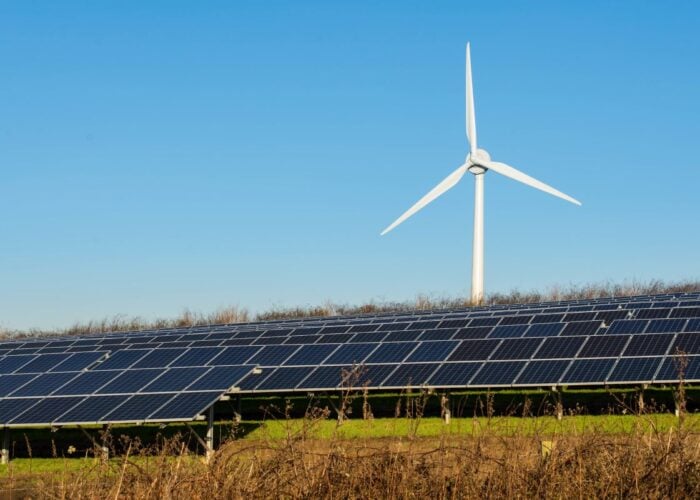Australian utility company AGL has called on the country’s regional and local government to “set both binding and aspirational medium and long-term emission reduction targets”, while outlining its own commitments to carbon reduction.
AGL Energy Limited this morning issued the ‘Greenhouse Gas Policy’ document, which the company says has been published in recognition of the fact that the company “has a key role to play in gradually reducing greenhouse gas (GHG) emissions while providing secure and affordable electricity”.
Unlock unlimited access for 12 whole months of distinctive global analysis
Photovoltaics International is now included.
- Regular insight and analysis of the industry’s biggest developments
- In-depth interviews with the industry’s leading figures
- Unlimited digital access to the PV Tech Power journal catalogue
- Unlimited digital access to the Photovoltaics International journal catalogue
- Access to more than 1,000 technical papers
- Discounts on Solar Media’s portfolio of events, in-person and virtual
As well as a number of other commitments which include improving the greenhouse gas efficiency of its activities in general, the company has said it will not be involved in the building and financing of new, conventional coal-fired power plants, as well as pledging to close down all existing coal fired power plants by 2050. Nor will it extend the life of any existing coal plants, according to the document. Additionally, AGL will include forecasting of carbon prices into its decision making process on capital expenditure for generation projects.
As well as promising to continue investing in renewable or “near-zero” emissions technologies, AGL said, it will also prioritise its customer offerings in distributed generation, battery storage, demand management and related “innovative and cost-effective solutions”.
The Greenhouse Gas Policy “pathway to decarbonisation” also includes what could be interpreted as a stern warning for the national government. Since prime minister Tony Abbott came into power in September 2013, there has been open hostility and scepticism at the top level towards renewable energy policy.
Abbott called for the abolition of the country’s Renewable Energy Target (RET) in August last year, resulting in a stand-off, with a number of compromises proposed by the minister for the environment and minister for industry and science last month. A poll conducted late last year of 5,000 Australian residents found that almost 90% objected to cutting the RET.
AGL has proposed that the government now consider continuation of incentives for renewables, as well as broadening the scope of incentives to include a wider number of technologies and zero or near-zero emissions energy sources. As far as the incumbent energy system is concerned, AGL recommended the government give consideration to setting emissions standards for all power generation and to put in place a policy similar to AGL’s of retiring or improving the efficiency of thermal power plants.
Despite the obvious environmental implications AGL also said its public policy recommendations came partly from economic motivations.
“As a significant exporter of fossil fuels, Australia also has a strategic interest in managing risks and opportunities associated with international climate change policy,” the company wrote.
“Development and deployment of new or improved near-zero emission technologies (e.g. CCS) should be a focus of domestic GHG reduction policy due to the value at risk of reduced Australian exports.”
Economics of solar-plus-storage
In a recent blog for PV Tech Storage, John Grimes of the Australian Energy Storage Council – who also serves as chief executive of the Australian Solar Energy Council – likened the prime minister to the legendary figure of King Canute, who in apocryphal tales is said to have attempted to hold back the tide of the sea. Grimes said that despite political opposition, the economics of solar, especially when coupled with storage in ‘grid-remote’ areas of the country, are compelling enough that the wave of change away from fossil fuels could be unstoppable.
“Australian prime minister Tony Abbott is like King Canute, standing on the shore commanding the tide of renewable energy and energy storage not to come in,” Grimes wrote.
“But no matter how much he rails against the future, this prime minister is way too late to stop the tide of progress. A range of factors are coming together at the same time that will see distributed solar PV combined with energy storage move into the early mainstream in the coming years – and sooner than later. The primary driver is economics.”
Changing energy landscape
AGL, which was established in 1937 and serves over 3.8 million residential and small business customers, mostly in the east of Australia. Its renewable energy project arm is also the country’s biggest developer of clean energy projects. It was reported this week that the final panels have been installed at AGL’s 102MW utility-scale Nyngan plant in New South Wales, ahead of the start of commercial operations, which is planned for June.
Big utilities in other territories appear to have taken similar moves to readjust their business models in the face of the changing energy landscape. Germany’s E.On recently announced a major corporate restructuring, including major investment in renewables, “to respond to dramatically altered global energy markets, technical innovation, and more diverse customer expectations with a bold new beginning”.

